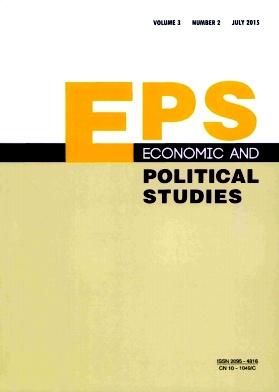有经验的受试者会对实验结果产生偏差吗?来自6个国家16个实验室的证据
IF 2
4区 社会学
Q2 SOCIAL SCIENCES, INTERDISCIPLINARY
引用次数: 1
摘要
摘要本文论述了实验室研究人员日益关注的一个领域:受试者的行为是否受到先前实验室实验经验的影响?我们用一个庞大且高度多样化的国际数据集和一种操作策略来解决这个问题,使我们的发现与之前的工作保持一致,同时为未来的研究提供新的线索。本文中的研究结果来自于作为有史以来最大的税务合规实验之一所收集的原始数据,该实验涉及16个不同实验室的6个国家的3000多名参与者。我们的研究结果表明,受试者的行为与他们过去的实验经历相关,这可能会使结果产生偏差,并损害研究的外部有效性。然而,这种由经验引起的行为变化只有在受试者至少参加了两次之前的实验室实验之后才会发生。这些发现不仅对税收合规性研究有影响,而且对更广泛的分配实验,特别是参与者招募也有影响。本文章由计算机程序翻译,如有差异,请以英文原文为准。
Do experienced subjects bias experimental results? Evidence from 16 laboratories in six countries
Abstract This paper addresses an area of growing concerns for laboratory researchers: is subjects’ behaviour affected by prior experiences in laboratory experiments? We address the question with a large and highly diverse international dataset and an operationalisation strategy that allows our findings to cohere with previous work while shedding new light on future research. The findings presented in this article are drawn from original data gathered as part of one of the largest tax compliance experiments ever conducted, involving more than 3,000 participants in six countries, across 16 different laboratories. Our results reveal that subjects’ behaviour correlates with their past experimental experiences, in a way that could bias results and compromise a study’s external validity. However, this change in behaviour due to experiences occurs only after subjects have participated in at least two previous laboratory experiments. The findings have implications not just for tax compliance research, but for allocation experiments more generally and for participant recruitment particularly.
求助全文
通过发布文献求助,成功后即可免费获取论文全文。
去求助
来源期刊

Economic and Political Studies-EPS
SOCIAL SCIENCES, INTERDISCIPLINARY-
CiteScore
5.60
自引率
4.20%
发文量
29
 求助内容:
求助内容: 应助结果提醒方式:
应助结果提醒方式:


